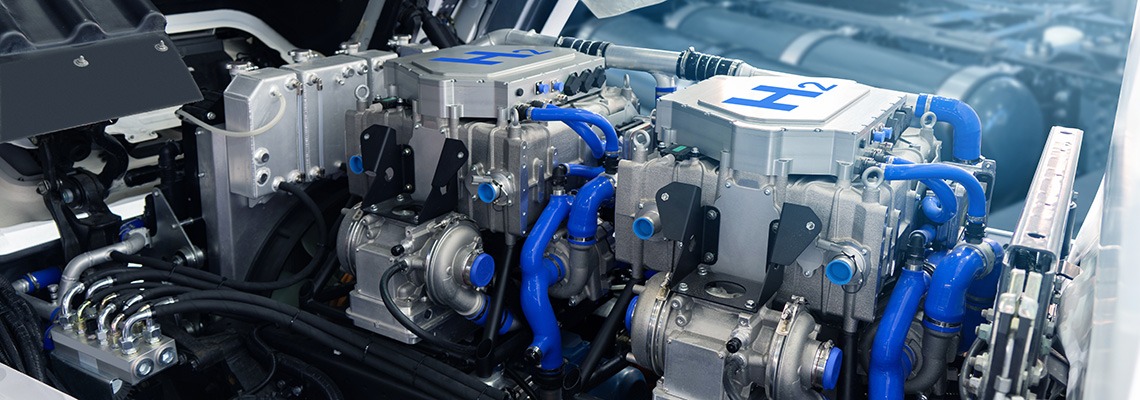Hyundai Motor, Apple May Partner on Self-Driving EVs
FAR EAST: SOUTH KOREA REPORT

South Korea’s Hyundai Motor Company and Apple Inc. plan to set up a partnership in the field of self-driving electric cars, according to Korea IT News. And recently another media outlet reported that Hyundai Motor and Apple plan to launch a self-driving EV in 2027.
In response to this news, Hyundai Motor announced that it was in early-stage talks with Apple. On Dec. 10, Hyundai Motor declined to comment on the Korea IT News report, reiterating its statement from Dec. 8 that it had received inquiries from various companies interested in collaborating on the development of self-driving EVs. Apple was not available for comment at the time of our publication.
Source: REUTERS



